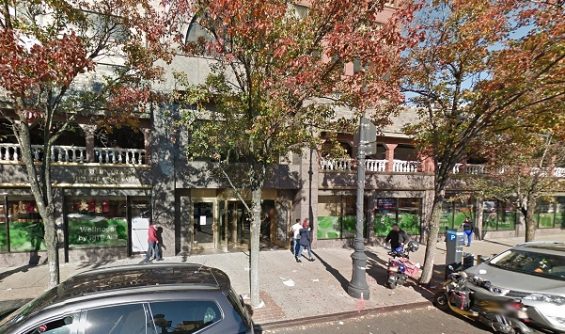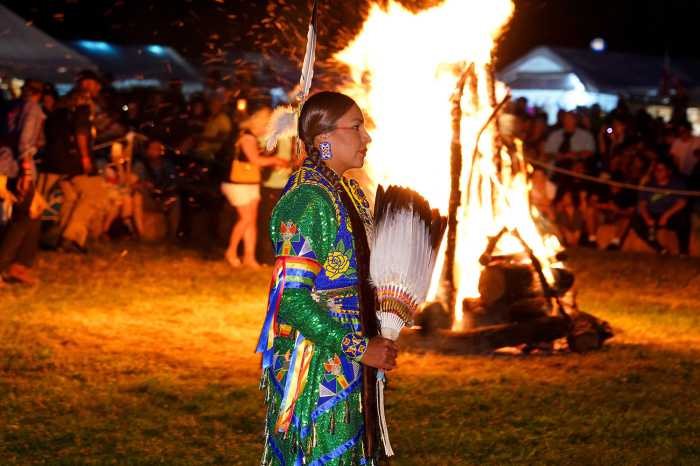
82-11 37th Avenue (GMaps)
May 12, 2017 By Jason Cohen
A Manhattan-based organization best known for providing health care services for members of the LGBTQ community received a grant from a local legislator yesterday to help it open a Jackson Heights facility next year.
Apicha Community Health Center, which will be opening a facility at 82-11 37th Avenue next year, was allocated $50,000 from State Senator Jose Peralta (D-East Elmhurst) this week.
The new facility, which will have 18 exam rooms, will be offering primary medical care, short-term mental health care, LGBTQ specialty care, dental, pediatrics as well as LGBTQ community space.
The allocation will also be used to support a patient associate, who will help enroll residents into Apicha’s health services.
Apicha currently has one location, which is in Manhattan. The Jackson Heights facility will be its second.
“I am very glad I was able to secure this state allocation for Apicha Community Health Center as the organization will soon open its new location in Jackson Heights,” Peralta said in a statement. “By having a presence in Jackson Heights, Apicha will be able to assist, among many others, immigrants, the LGBTQ community, women and children.”
Therese Rodriguez, CEO of Apicha, praised the senator for his help.
“We are extremely grateful to State Senator Peralta for securing state funding to support our Jackson Heights expansion,” Rodriguez said in a statement. “Our Jackson Heights site aims to significantly improve health outcomes for LGBTQ people, immigrants, women and their children, and the entire community. Through adult and pediatric primary care, mental health, dental services, and a neighborhood meeting space we strive to enhance the lives of all those we serve.”
The center, originally named Asian and Pacific Islander Coalition on HIV/AIDS, was founded in 1989 to address HIV/AIDS-related needs of Asians and Pacific Islanders in New York City.
In 2009, after two decades of HIV-focused practice, it expanded to include general primary care services. Recently, it began offering high-resolution anoscopy and cervical colposcopy to patients who are at high risk for anal and cervical cancer.
In 2012, it became a Federally Qualified Health Center Look-Alike (FQHC-LA) and in August 2015, became a full-fledged Federally Qualified Health Center (FQHC).






